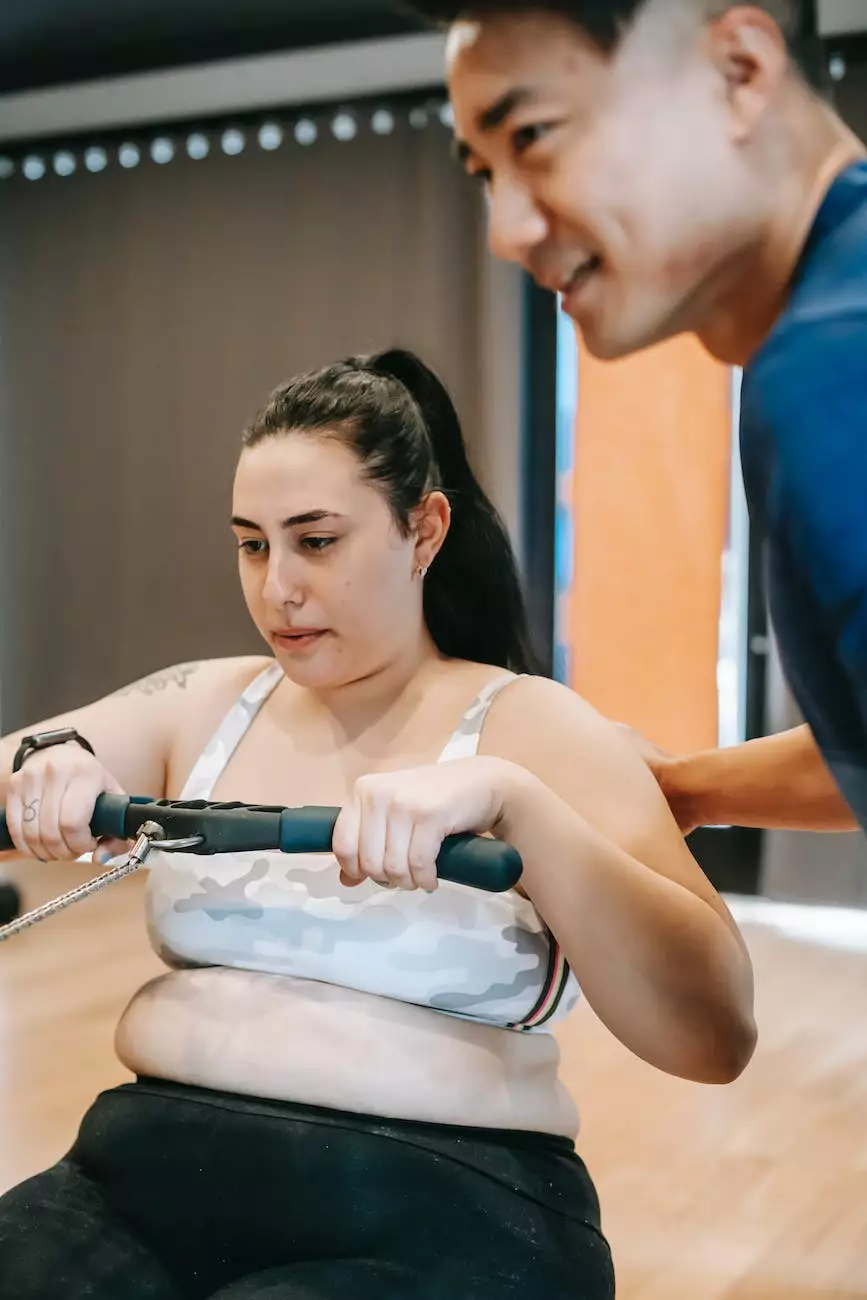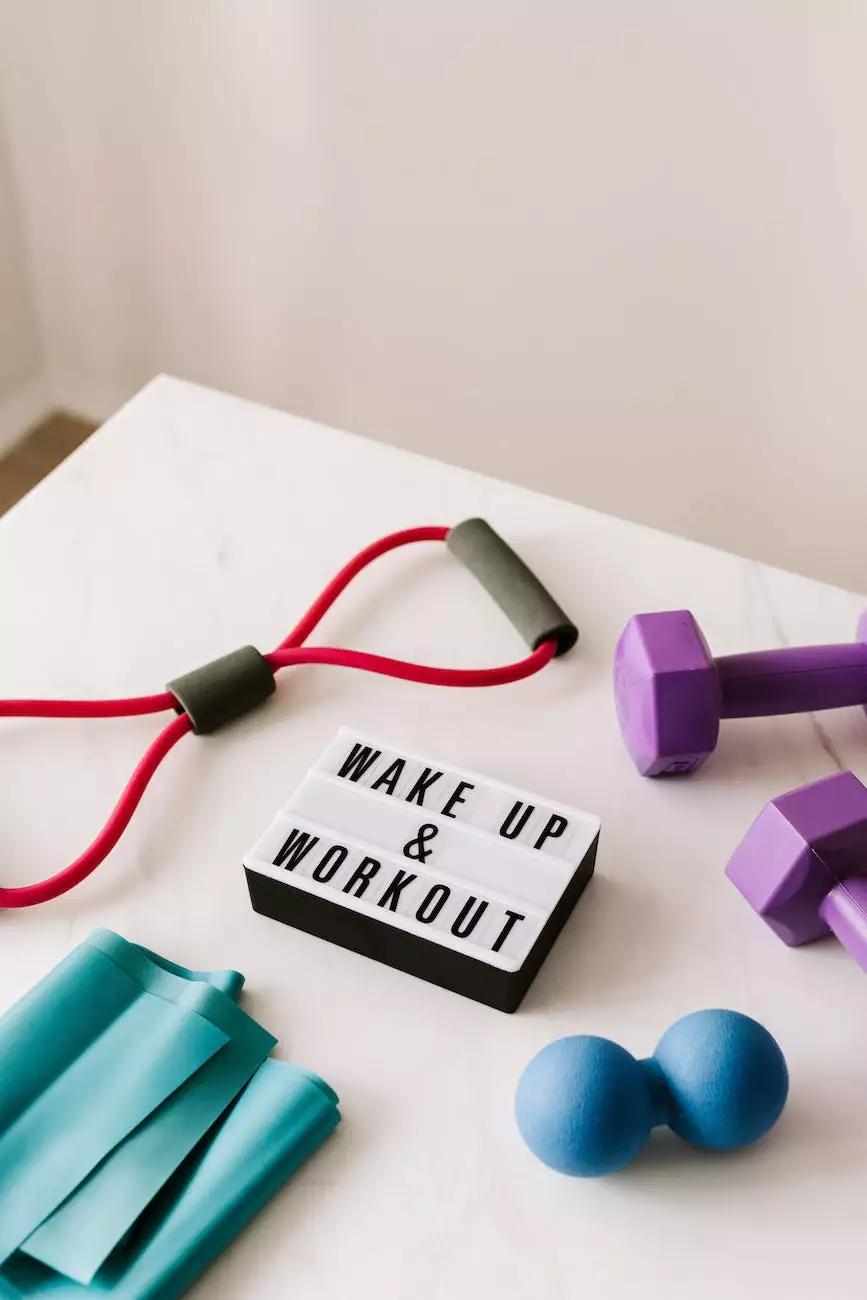10 Tips for Better Sleep
Sleep
Introduction
Welcome to MDK Fitness Center, your go-to resource for improving your health and well-being through proper nutrition, fitness, and sleep. In this article, we will share with you invaluable tips to help you achieve a better quality of sleep. Quality sleep is essential for both physical and mental wellness, so let's dive right in!
1. Create a Consistent Sleep Routine
Establishing a consistent sleep routine is crucial for optimizing your sleep. Try to go to bed and wake up at the same time every day, even on weekends. This helps regulate your body's internal clock and promotes better sleep quality over time.
2. Set Up a Comfortable Sleep Environment
Your sleep environment plays a significant role in the quality of your sleep. Make sure your bedroom is cool, dark, and quiet. Invest in a comfortable mattress and pillows that adequately support your body. Consider using blackout curtains, earplugs, or a white noise machine if necessary.
3. Limit Exposure to Blue Light
Electronic devices emit blue light that can interfere with your body's natural sleep-wake cycle. Avoid using screens (such as smartphones, tablets, or laptops) before bedtime. If you must use them, consider wearing blue light-blocking glasses or enabling the night mode feature to reduce blue light exposure.
4. Manage Stress and Anxiety
High levels of stress and anxiety can negatively impact your sleep. Incorporate relaxation techniques into your bedtime routine, such as deep breathing exercises, meditation, or gentle stretching. It's important to find healthy coping mechanisms to manage stress effectively and improve your sleep.
5. Create a Bedtime Ritual
Establishing a pre-sleep routine can signal your body that it's time to wind down. This ritual can include activities like reading a book, taking a warm bath, or listening to soothing music. Find a routine that works for you and helps you relax before bedtime.
6. Monitor Your Diet and Hydration
Your dietary habits can significantly impact your sleep quality. Avoid consuming heavy meals close to bedtime and limit your intake of caffeine and alcohol. It's also important to stay hydrated throughout the day, but try to minimize liquid intake a few hours before bed to prevent nighttime disturbances.
7. Exercise Regularly
Regular physical activity has been shown to improve sleep quality. Engage in moderate exercise during the day, but try to avoid intense workouts close to bedtime, as they can cause difficulty falling asleep. Find an exercise routine that suits your preferences and make it a regular part of your day.
8. Optimize Your Sleep Environment
Ensure your sleep environment is optimized for comfort. Invest in a supportive and comfortable mattress, pillows, and bedding. Consider using breathable fabric and adjusting the temperature in your bedroom to create a cozy and sleep-friendly atmosphere.
9. Avoid Napping Too Long or Too Late
Napping can be beneficial, but it's essential to do it right. Limit your daytime naps to 20-30 minutes and avoid napping too close to your bedtime. Doing so can disrupt your natural sleep-wake cycle and make it harder to fall asleep at night.
10. Seek Professional Help If Needed
If you've tried various sleep improvement techniques without success, it may be time to seek professional help. Consult a healthcare professional or sleep specialist who can evaluate and address any underlying sleep disorders or issues that may be affecting your sleep quality.
Conclusion
We hope that these 10 tips for better sleep provided by MDK Fitness Center will help you on your journey to achieving a restful and rejuvenating sleep. Remember that everyone's sleep needs are unique, so be patient and consistent in implementing these tips to find what works best for you. Prioritizing quality sleep contributes to your overall health and well-being, so start implementing these tips today!










